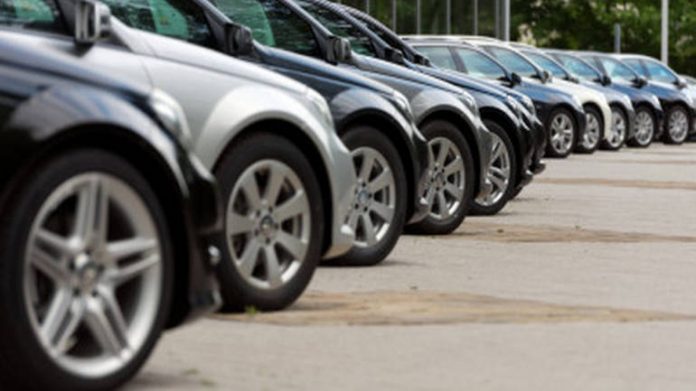Globally, the top concern among men surveyed was related to security risk.
Compared to countries such as Egypt and Indonesia, Indian men are happy if a woman in their family wants to sign up as a driver partner, said a report jointly issued by International Finance Corporation (IFC), Accenture and Uber.
“More than half of current male drivers surveyed in Egypt and Indonesia would be unhappy if a woman in their family wanted to sign up; in contrast, more than half of men say they would be happy in India, Mexico, and the United Kingdom,” the report said.
Globally, the top concern among men surveyed was related to security risk. Some also questioned the suitability of driving as an occupation for women.
Several factors impede the full participation of women in ride-hailing, including concerns over security, limited freedom of movement, few role models, lack of car ownership, and lack of internet access.
The survey said that women also face discrimination on the road. Around 14 percent of all women drivers surveyed globally believed some riders have cancelled on them due to their gender, rising to approximately a quarter in Egypt and Indonesia.
The report didn’t specify any India specific percentage.
The report stated that seven women drivers out of a total of eight active completed the online survey and due to the small sample size, the driver figures for India are excluded from comparisons across the six markets.
However, in a separate statement, Uber said that the total number of women drivers was much higher. It, however, declined to share the details.
“There are hundreds of women driver partners on the Uber platform in India,” said an Uber spokesperson, adding that they cannot share figures owing to market share considerations.
The report said that the women who are surveyed in India had been driving with Uber for longer than six months and at an average of age 34 years, slightly older than their male peers.
It also said that the women drivers surveyed in India are more likely than men to log on every day, but they drive 35 percent fewer hours than men per week on average.
Although women surveyed all typically drive during the day, one of those interviewed said she enjoys driving at night because it allows her to “spend time with my family during the day.”
India is the only country surveyed where both men and women drivers surveyed report a significant dip in earnings on average after entering the ride-hailing industry.
Just under a third of both women and men, drivers say their take-home pay is higher than it was before signing up with Uber, with some of those interviewed noting that a change in incentive structures meant their earnings had declined sharply over recent months.
Also, the bureaucracy involved in signing up commercial drivers in India is a major hurdle for women in the focus groups.
Obtaining documentation is a challenge for some women, especially those from lower socio-demographic backgrounds, and three of the seven drivers surveyed identify getting a driver’s license as a major challenge.
The mandatory waiting period that exists between obtaining a private and commercial license has now been rescinded, but Revathi Roy, the CEO of Hey Deedee, a last-mile parcel delivery service, notes that it caused “a huge drop in the funnel of female drivers,” and several states have yet to adopt the decision.
Accessing a vehicle can be difficult for women in India: five out of seven women cite obtaining the money to buy or rent a vehicle as a key barrier.
The survey combines anonymised, aggregated company data and surveys of over 11,000 men and women who use the Uber app; and consultations with more than 40 global experts on gender, transportation, and the future of work.


